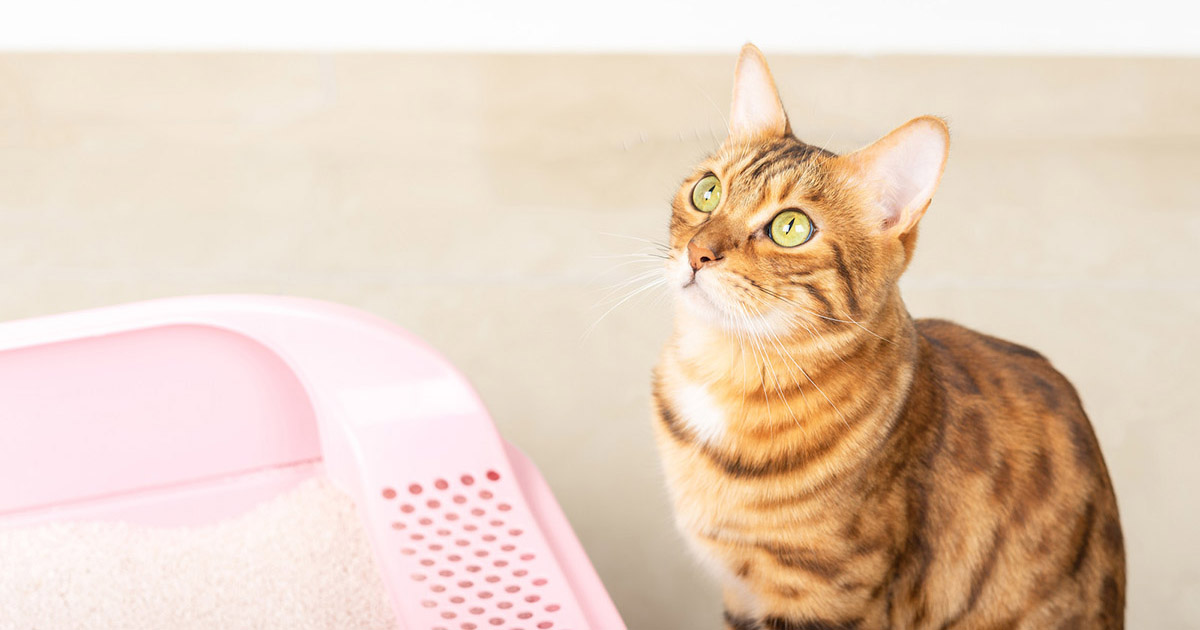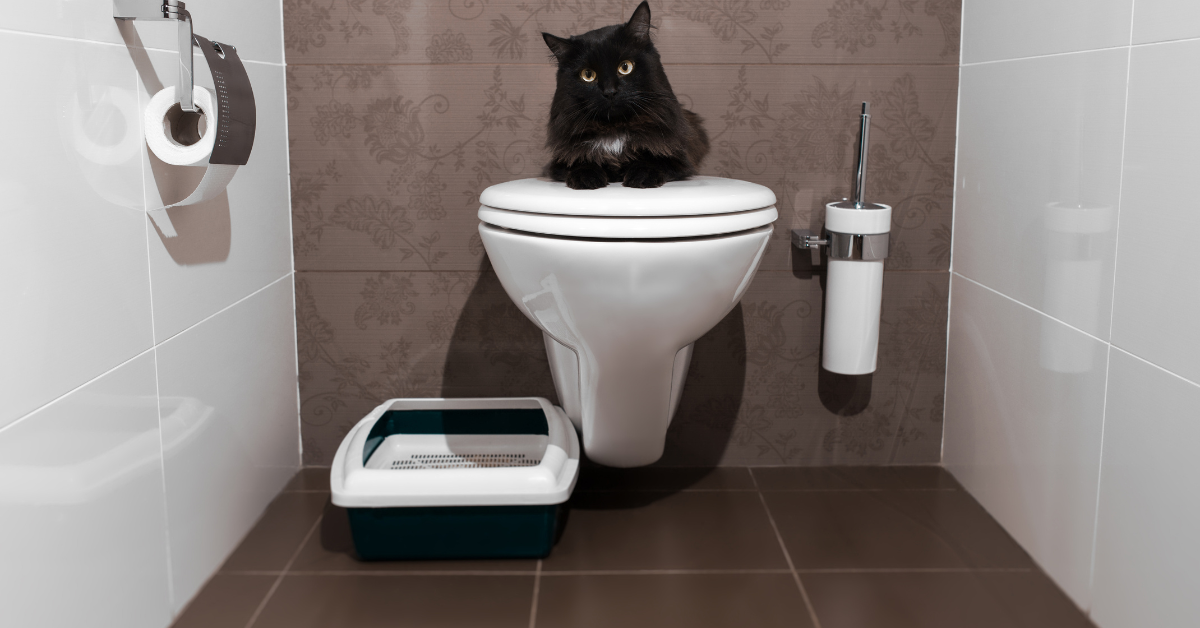Avoid Flush Cat Poop Down Your Toilet - Safeguard Your Plumbing System
Avoid Flush Cat Poop Down Your Toilet - Safeguard Your Plumbing System
Blog Article
We've noticed this post on How to Dispose of Cat Poop and Litter Without Plastic Bags below on the web and felt it made perfect sense to share it with you in this article.

Intro
As feline owners, it's essential to bear in mind exactly how we deal with our feline friends' waste. While it might appear convenient to purge feline poop down the commode, this method can have detrimental repercussions for both the environment and human wellness.
Environmental Impact
Purging cat poop introduces harmful microorganisms and bloodsuckers into the water system, posing a considerable threat to aquatic communities. These impurities can adversely impact marine life and concession water top quality.
Wellness Risks
In addition to environmental issues, flushing feline waste can additionally posture wellness risks to humans. Cat feces may contain Toxoplasma gondii, a parasite that can cause toxoplasmosis-- a potentially serious disease, especially for expecting ladies and individuals with damaged immune systems.
Alternatives to Flushing
Thankfully, there are more secure and extra liable ways to deal with pet cat poop. Consider the adhering to alternatives:
1. Scoop and Dispose in Trash
One of the most usual method of taking care of cat poop is to scoop it into an eco-friendly bag and throw it in the trash. Make sure to make use of a dedicated litter scoop and throw away the waste without delay.
2. Usage Biodegradable Litter
Opt for biodegradable cat litter made from materials such as corn or wheat. These litters are environmentally friendly and can be safely gotten rid of in the trash.
3. Hide in the Yard
If you have a backyard, consider burying pet cat waste in a marked area away from vegetable gardens and water resources. Make certain to dig deep adequate to prevent contamination of groundwater.
4. Install a Pet Waste Disposal System
Invest in an animal waste disposal system particularly created for feline waste. These systems make use of enzymes to break down the waste, minimizing smell and ecological effect.
Final thought
Responsible animal possession prolongs beyond offering food and shelter-- it additionally entails appropriate waste administration. By refraining from purging feline poop down the bathroom and opting for different disposal techniques, we can reduce our ecological impact and safeguard human wellness.
Why You Should Never Flush Cat Poop Down the Toilet
A rose by any other name might smell as sweet, but not all poop is created equal. Toilets, and our sewage systems, are designed for human excrement, not animal waste. It might seem like it couldn’t hurt to toss cat feces into the loo, but it’s not a good idea to flush cat poop in the toilet.
First and foremost, assuming your cat uses a litter box, any waste is going to have litter on it. And even the smallest amount of litter can wreak havoc on plumbing.
Over time, small amounts build up, filling up your septic system. Most litter sold today is clumping; it is made from a type of clay that hardens when it gets wet. Ever tried to scrape old clumps from the bottom of a litter box? You know just how cement-hard it can get!
Now imagine just a small clump of that stuck in your pipes. A simple de-clogger like Drano isn’t going to cut it. And that means it’s going to cost you big time to fix it.
Parasitic Contamination
Believe it or not, your healthy kitty may be harboring a nasty parasite. Only cats excrete Toxoplasma in their feces. Yet it rarely causes serious health issues in the cats that are infected. Most people will be fine too if infected. Only pregnant women and people with compromised immune systems are at risk. (If you’ve ever heard how women who are expecting are excused from litter cleaning duty, Toxoplasma is why.)
But other animals may have a problem if infected with the parasite. And human water treatment systems aren’t designed to handle it. As a result, the systems don’t remove the parasite before discharging wastewater into local waterways. Fish, shellfish, and other marine life — otters in particular — are susceptible to toxoplasma. If exposed, most will end up with brain damage and many will die.
Depending on the species of fish, they may end up on someone’s fish hook and, ultimately on someone’s dinner plate. If that someone has a chronic illness, they’re at risk.
Skip the Toilet Training
We know there are folks out there who like to toilet train their cats. And we give them props, it takes a lot of work. But thanks to the toxoplasma, it’s not a good idea.

As a keen reader about Don’t flush cat feces down the toilet, I thought sharing that chunk was beneficial. Kindly take the time to promote this page if you enjoyed reading it. Thanks a bunch for your time. Visit again soon.
Call Today Report this page